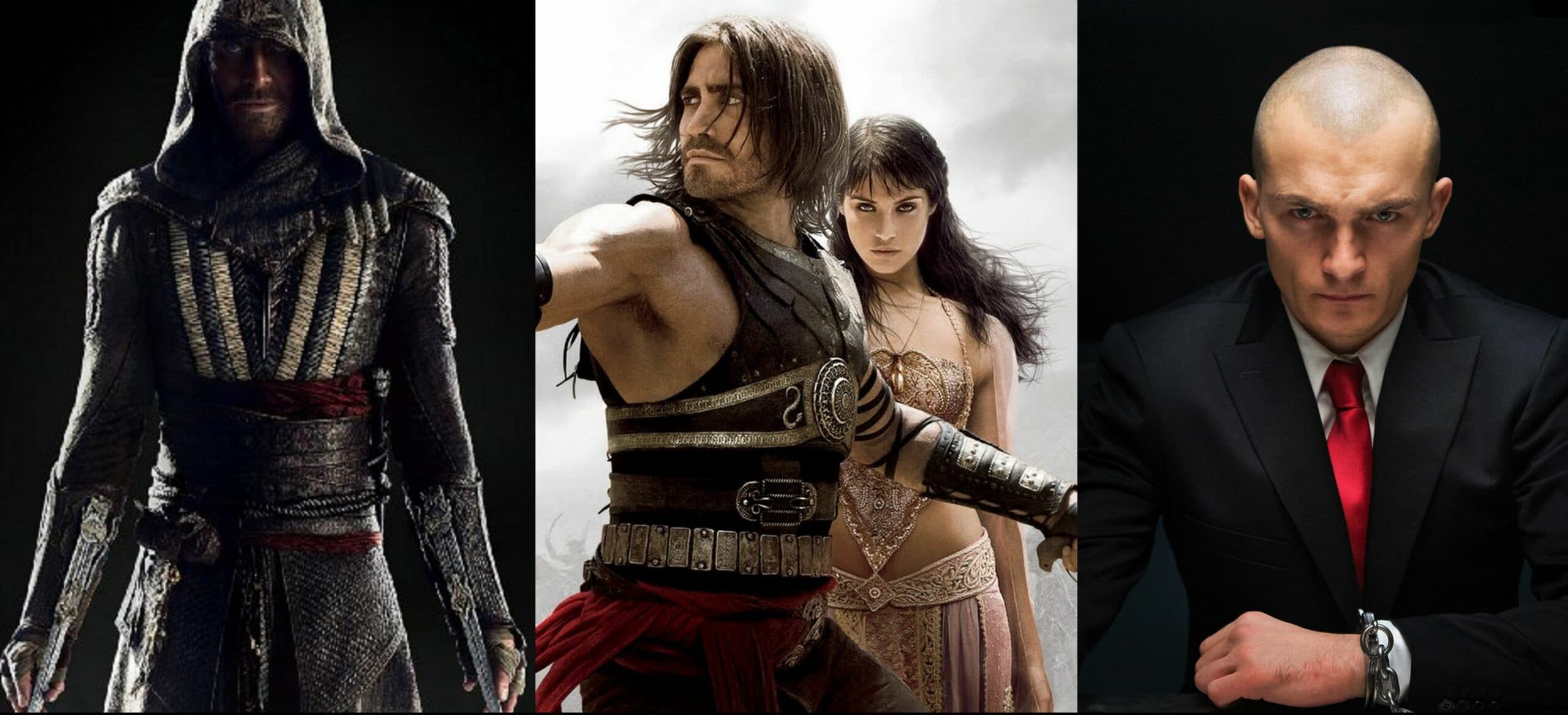Movie Outlines - Backstage, Briefs, Movie reviews and ratings by Film Critic
Welcome to Movie Outline
In & Out Movie Review: Insights on Characters, Themes, and Viewing Options
In & Out Movie Review: A Nostalgic Glance Back Remember 1997? Dial-up internet was alive. We were fascinated with the Macarena. There was also a charming movie named “In & Out” that made us laugh and think. Let’s explore this delightful film. What’s the Deal with “In & Out”? “In & Out” is about a […]
17 min read17' read
14 min read14' read











